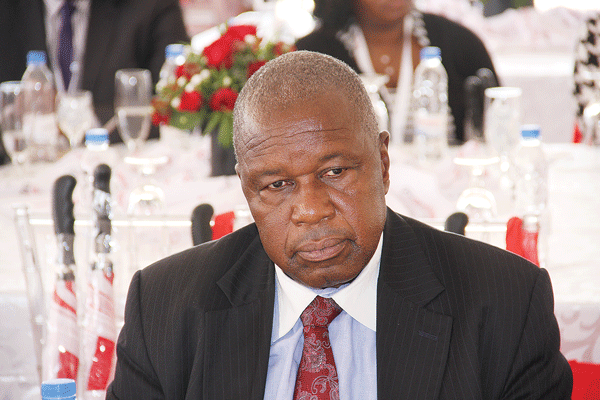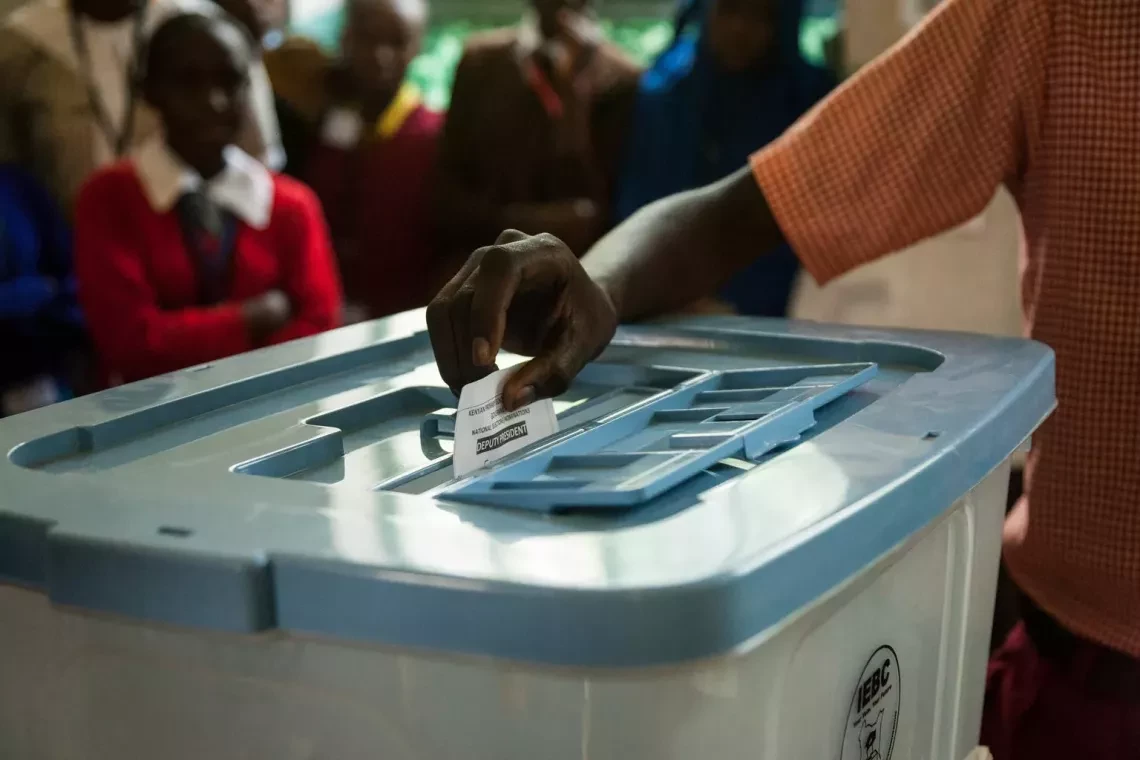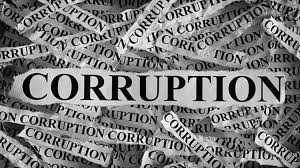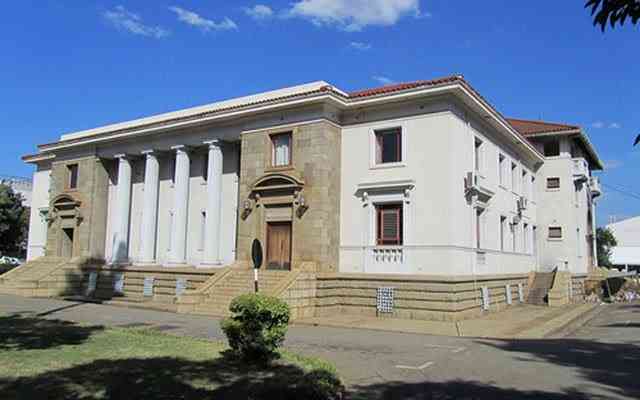
BY MIRIAM MANGWAYA
HUNDREDS of Chivhu villagers are set to be evicted from their ancestral land to pave way for a 12 000-hectare iron and steel mining project by a Chinese company, Tsingshan Group Holdings.
Majority of the residents who are set to lose their homes are in ward 7 in Chikomba district where Dinson Iron and Steel Company, a subsidiary of the Tsingshan Group Holdings, has already started preparations for extracting iron in the Manhize area, some 60km west of Chivhu town.
Former Zimbabwean ambassador to China and Zanu PF member Chris Mutsvangwa is reportedly spearheading the project.
Mutsvangwa admitted his involvement ion the new iron and steel venture.
“Where I have an interest, I declare it, like in the case of this giant mining venture,” he said.
When NewsDay Weekender visited the site on Wednesday, construction was underway, with villagers saying they were not sure of whether they would be allocated alternative land.
Although the villagers said they had not yet been formally notified of the evictions some of them had already lost their farming land and more were expecting to suffer the same fate as the mining project was fast expanding its territory.
- Chamisa under fire over US$120K donation
- Mavhunga puts DeMbare into Chibuku quarterfinals
- Pension funds bet on Cabora Bassa oilfields
- Councils defy govt fire tender directive
Keep Reading
“We expected the government to engage and give us full information about this whole project,” James Munemo (39), one of the affected villagers said.
“We thought they would come with a clear position on the nature of the project. We expected authorities to publicise the names of those who would be affected by the project well in time so that we are not ambushed with evictions.
“That is not the case here. We just see them (the Chinese miners) constructing roads, cutting across our fields and we have not been given an opportunity to engage them on what is best for us. We can’t stop them.”
Another villager, Queen Dhliwayo said although she had not yet lost land to the Chinese miners, seeing others losing theirs had unsettled her.
“Neighbours have already lost land and I am afraid it may affect me too,” Dhliwayo said.
“I am not sure of what will happen because authorities have not yet updated us on the progress of the project besides notifying us that there was an investor who was undertaking mining activities in this area. I hope the government will come and address us on the way forward and ensure that those who are displaced get compensation.”
Chikomba Rural District Council chairperson Israel Dhikinya confirmed that villagers would be displaced, but did not disclose further details.
He said the local authority had embraced the Chinese project as it would give the transit town a massive facelift through infrastructure development and job creation.
“The land is not going to be taken in one day because the production will be done in phases,” Dhikinya said.
“This will be done over years. The Manhize area is a resettlement area with a limited population, hence those who are going to be displaced in the area are not as many as they would have been, if it were a communal area.”
However, investigations conducted by NewsDay Weekender show that several villagers had settled for over 30 years in the area, way before the land resettlement programme of the early 2000s.
Mines and Mining Development minister Winston Chitando was not available for comment on his mobile phone.
But speaking in Parliament recently, Mines and Mining Development deputy minister Polite Kambamura said the Chinese company was yet to determine the actual number of villagers who would be relocated.
“Currently, there is no determination that has been made as to how many people will be relocated,” Kambamura said.
“There is an environmental impact assessment (EIA) that is being undertaken and after the conclusion of the EIA report, that is when the company will know how many families will be moved from the project area.
“They are yet to determine the exact location of the project area and to see which families will be affected. Whatever will be done in the relocation of the families, it will be done in consultation with the local leadership and also the company will undertake to meet all the costs of relocation which include building of houses for the affected families.”
Chivhu Residents and Ratepayers Alliance chairperson Collen Zvarevashe said it was important for government to keep residents well-informed about the project.
“If the development is for us, it should include us. Government should be transparent on public affairs. Instead of welcoming the project, villagers are shunning it.
“Government should go back to the drawing board on this project to ensure inclusivity and that harmony prevails between the villagers and the investors. Government cannot continue professing ignorance on the number of those who are to be affected when there is already progress on the ground.”
Thousands of villagers in other parts of the country are facing similar challenges over Chinese mining projects.
- Follow Miriam on Twitter @FloMangwaya










